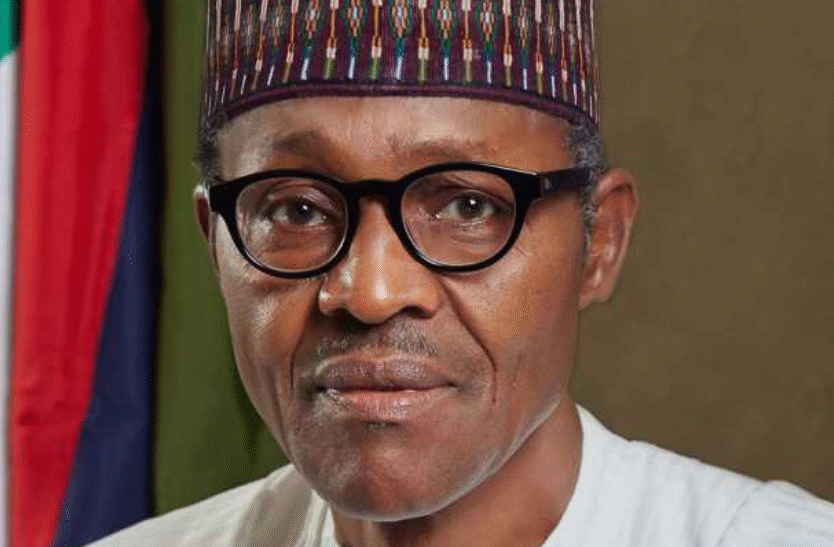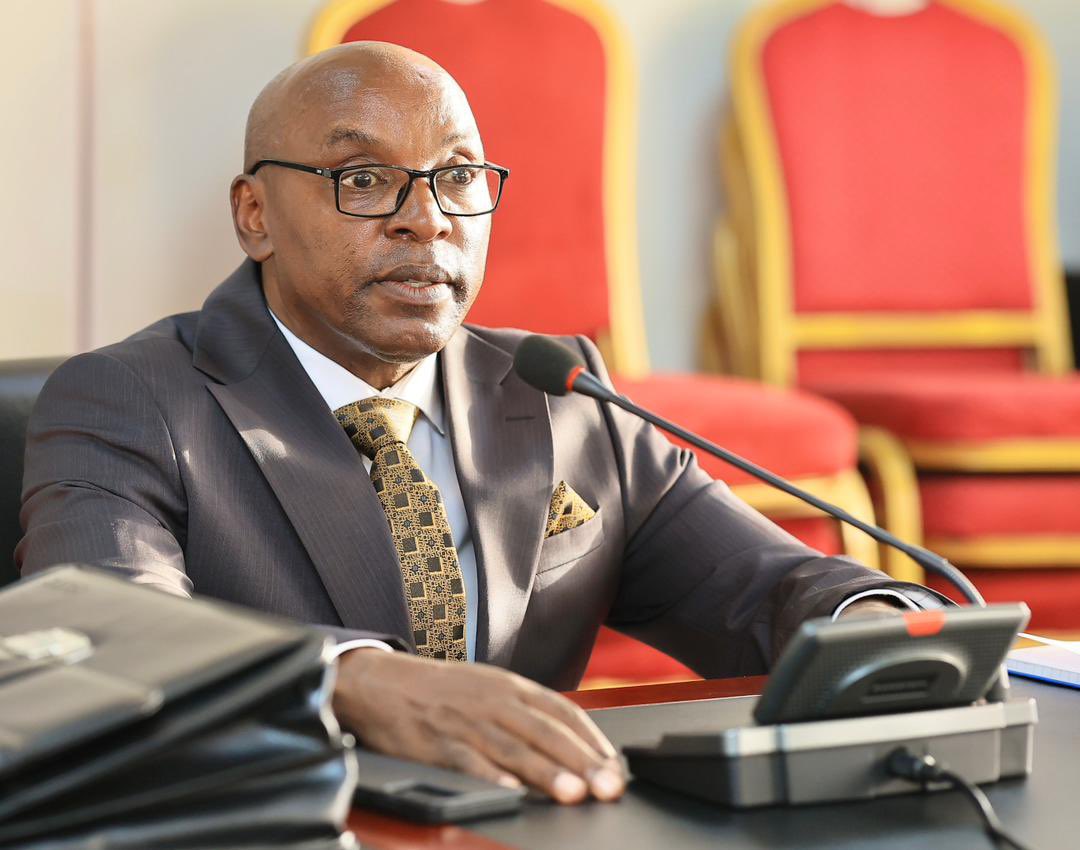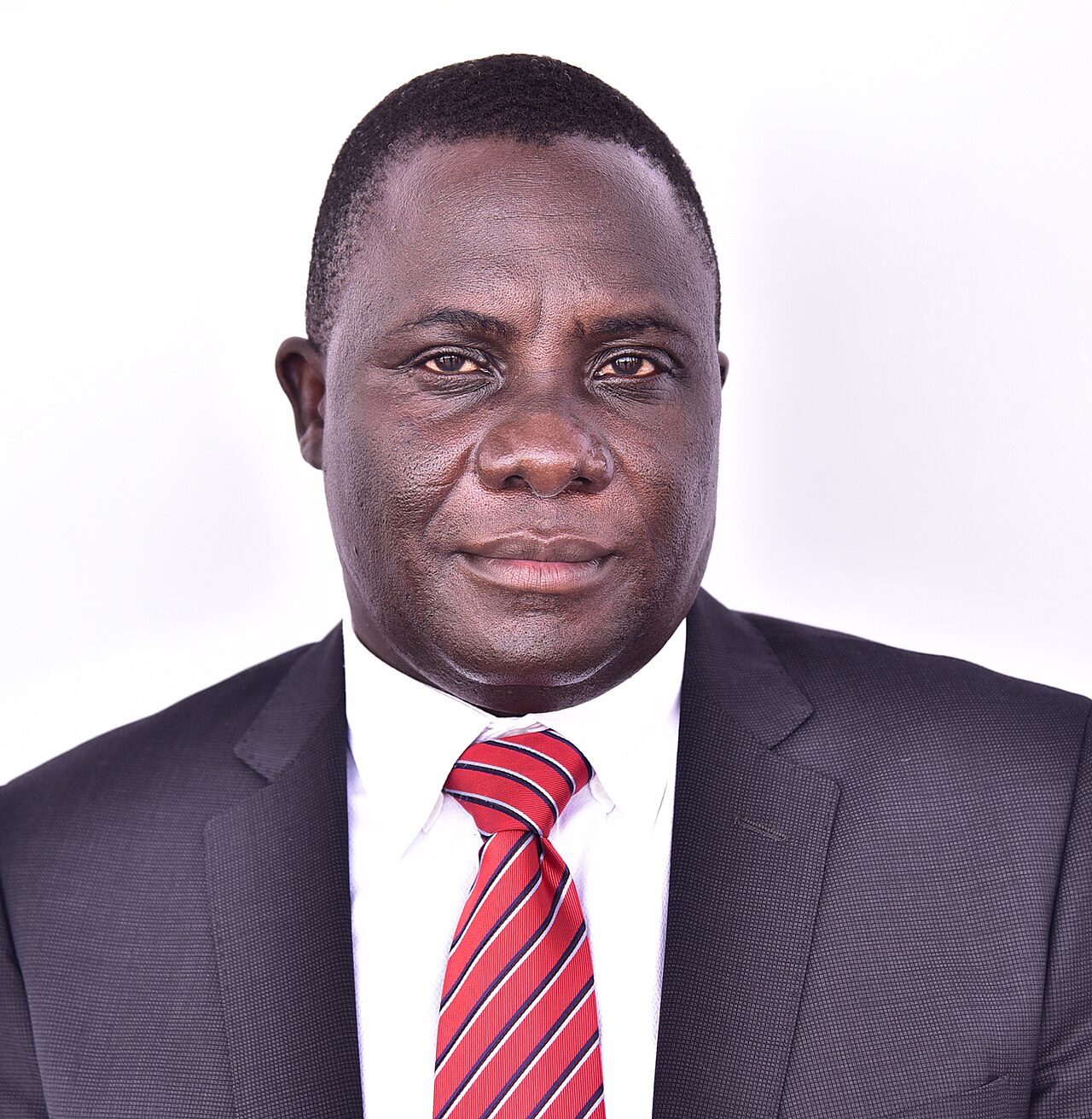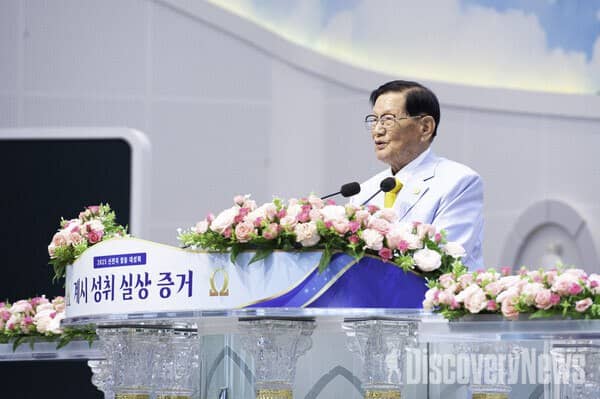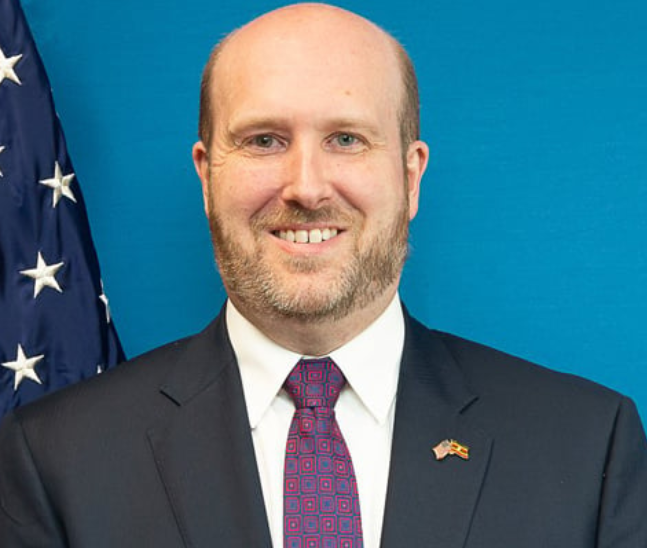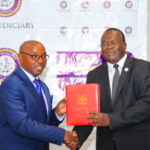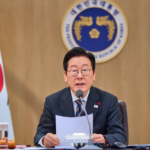Nigeria’s former President Muhammadu Buhari has died in London at the age of 82 following a long illness.
“President Buhari died today in London at about 4:30pm (15:30 GMT) following a prolonged illness,” President Bola Tinubu’s spokesperson announced on Sunday via the social media platform X.
Buhari made history in 2015 when he became the first opposition candidate in Nigeria’s modern era to defeat a sitting president at the polls, unseating Goodluck Jonathan in what was widely praised as the country’s most credible election.
A retired major general, Buhari first ruled Nigeria in the 1980s after taking power in a military coup. He later rebranded himself as a civilian politician, adopting a softer image in flowing kaftans and declaring himself a “converted democrat”.
Known for his austere style and fiery rhetoric against corruption, Buhari was seen by his supporters as a reformer. “I belong to everybody and I belong to nobody,” he often declared, seeking to position himself above Nigeria’s entrenched political factions.
Yet his presidency struggled to contain rising insecurity. While he promised to defeat Boko Haram and restore order, armed violence spread far beyond the northeast. Gunmen, separatists, and criminal groups operated with impunity across large parts of the country by the end of his tenure.
Still, Buhari leaves behind a legacy as a symbol of democratic change in Nigeria, even if the transformation he promised remained incomplete.
Buhari is being remembered as both a pivotal figure in the country’s democratic evolution and a deeply flawed leader when it came to economic management and security.

